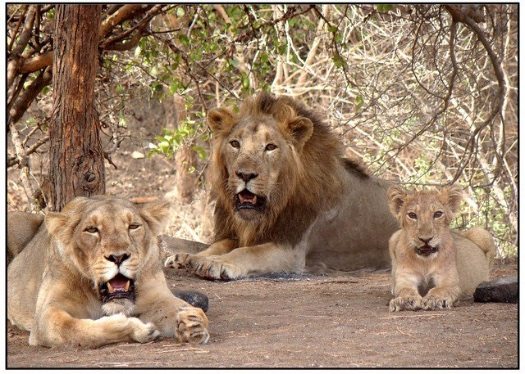
May 4, 2017; Washington Post
Leaders of animal welfare organizations across the country are in a state of shock after a Colorado nonprofit chose to euthanize the entire roster of large carnivores in their care after a municipal board denied their permit to relocate the sanctuary.
Owners of the Lion’s Gate Sanctuary said they had to humanely euthanize three lions, three tigers, and five bears in April after the Elbert County Board of Commissioners denied their request to move to a new location that would allow them to properly care for the animals. The original property succumbed to frequent flooding.
Dr. Joan Laub and her partner, Peter Winney, wanted to build a sanctuary on a 45-acre property near Elizabeth, according to the Coloradoan. Instead, she said, they were left with no choice but to kill the animals.
What makes this move even more puzzling is that there are numerous carnivore and big cat rescue resources in Colorado and its neighboring states. Earlier this year, NPQ profiled another Colorado nonprofit, The Wild Animal Sanctuary, as they completed a two-year operation to relocate animals from a defunct zoo in Colón, Argentina, to the Denver area. The nonprofit sanctuary worked with officials abroad to bring the animals up to a healthy weight where they could withstand the long journey. Tammy Thies, founder and director of the Wildcat Sanctuary in Minnesota, told news outlets that the decision by Lion’s Gate’s owners to kill their animals was troubling because it appears more could have been done to save them. Some of the animals could have even come to her own sanctuary, she said. But Thies said she was never contacted.
Sign up for our free newsletters
Subscribe to NPQ's newsletters to have our top stories delivered directly to your inbox.
By signing up, you agree to our privacy policy and terms of use, and to receive messages from NPQ and our partners.
Pat Craig, director of the Wild Animal Sanctuary in Keenesburg, Colorado, echoed those sentiments, telling The Dodo that his facility would also have been happy to take some of the animals. And, given the small number of animals who were housed at Lion’s Gate, Craig said it would have been easy to find a new home for all of them.
A statement on the Wildcat Sanctuary’s website noted that they were actively searching for an elderly lion to provide company for a lioness at the facility, making the recent killings “even more shocking.”
Questions such as where the board was in this decision still loom for the public and in the large animal rescue community. Webpages and social media sites for the sanctuary appear to have been deactivated or deleted.
When you acquire nonprofit status, your organization is expected to execute decisions that allow the organization to live its mission and maintain public accountability. Lion’s Gate appears to be failing miserably on both accounts. The Wildcat Sanctuary asked their social media followers to contact the U.S. Fish and Wildlife Service chief investigator for the region to request an investigation.—Carrie Collins-Fadell












